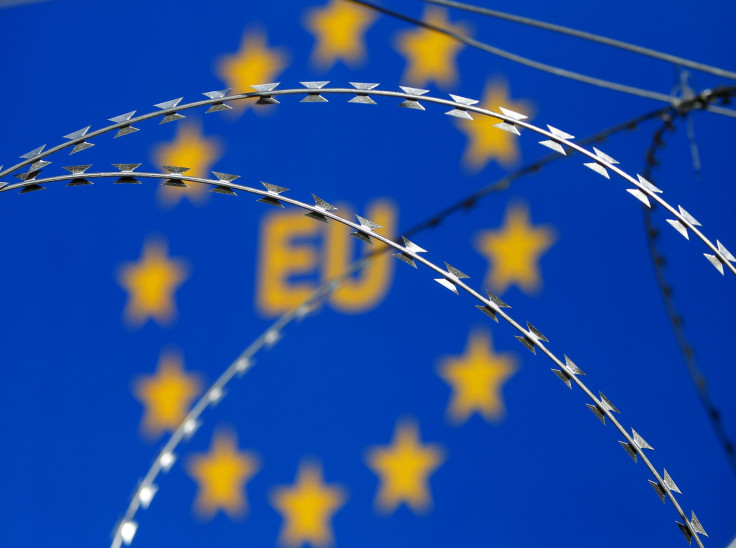The Collapse Of Schengen? Amid Emergency Refugee Meeting, European Leaders Debate Next Steps

European home affairs and justice ministers began a two-day crisis meeting Monday to discuss creating a European Union border security force and other possible solutions to the region's growing refugee crisis, according to an Associated Press report. Despite going against the principles of the 28-country bloc’s open-borders policy, several countries have already shut them to undocumented refugees, hoping to alleviate the economic strain placed on each EU country's domestic infrastructure by the arrival of more than 1.5 million refugees over the past year from North Africa and the Middle East.
"We have no more than two months to get things under control,” Donald Tusk, president of the European Parliament, said in his latest report on the refugee crisis. "The statistics over the Christmas period were not encouraging, with over 2,000 arrivals to the EU per day, according to Frontex. The March European Council will be the last moment to see if our strategy works. If it doesn't, we will face grave consequences, such as the collapse of Schengen," he said, referencing an area of countries that forgo most border control.
Civil war and general unrest in Syria, Iraq and Afghanistan, as well as economic strife in North Africa, are the main contributors to the crisis, which has tested Europe’s liberal asylum and border policies over the past 18 months.
Following the Netherlands' beginning a six-month stint as leader of the EU this month, little has been done to confront how to deal with the refugees, with the exception of some countries, like Hungary, that have erected large border fences to keep them out. However, most refugees are not trying to stay in Eastern Europe, preferring to make the longer journey to Germany or Scandinavia, where the refugee-friendly governments offer almost automatic asylum.
But the very open border policy that allowed immigrants to travel freely inside European borders after arriving by boat to Italy and Greece, and by land through Turkey, is slowly being seen as a hindrance to Europe, according to Tusk.
"All leaders acknowledge that protecting Schengen requires difficult decisions. In this context, we agreed to rapidly examine the European Commission's proposal to strengthen the EU's external borders, including the idea of the European Border Guard," Tusk said. "This is a priority for the Dutch presidency, and we should have political agreement in the council by June."
© Copyright IBTimes 2024. All rights reserved.





















